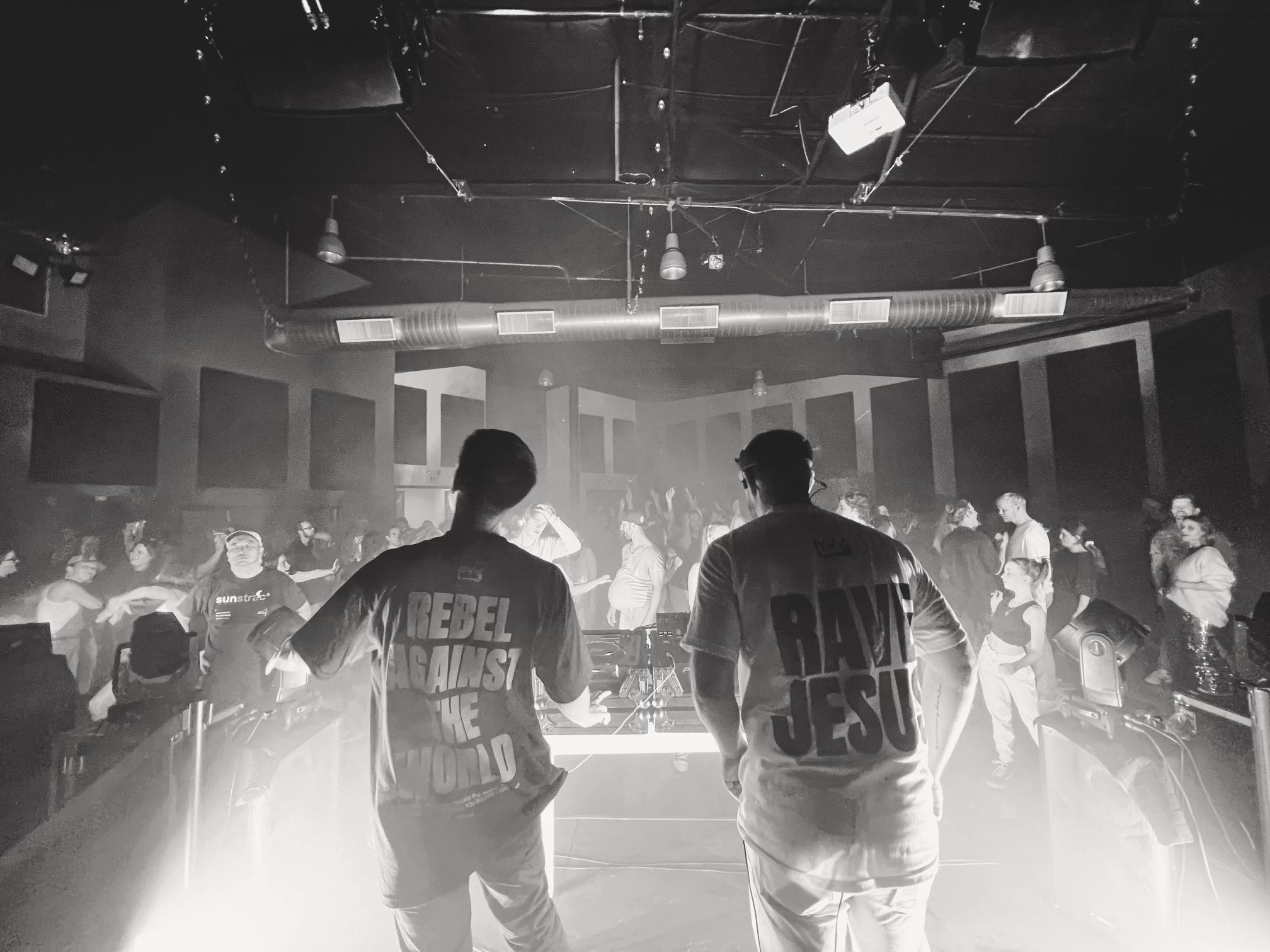Endeavor has one of the most compelling character arcs in My Hero Academia. Introduced as a terrible father figure, he eventually becomes an impressive hero in his own right who's honestly trying his best. Part of what makes Endeavor's character so intriguing is that he's not undergoing a traditional redemption arc, but instead a repentance arc. Endeavor knows he can never truly be redeemed, but he can do better.
In a proper redemption arc, the character not only needs to do a complete 180-degree turn in their behavior but also needs to have those efforts acknowledged and accepted by the other characters, who then recognize them as a changed person. In essence, a redemption arc is dependent on those whom the character is trying to redeem themselves to -- and it's here where Endeavor's story breaks from this archetype to become something more complex.
Endeavor isn't trying to redeem himself to his son or family. He already knows he can't earn and doesn't deserve their trust, love or even admiration. While he clearly wants to mend the bonds he severed, he won't force it. The narrative doesn't ask the audience to excuse, forget or even forgive Endeavor's previous abusive nature, but thrusts it full-force into Endeavor's face, creating guilt, regret and determination to be better. Instead of trying to redeem himself through his actions, Endeavor focuses on the first and arguably the most important aspect of redemption -- repentance.
By coming to regret the things he's done and truly want to do better, regardless of what anyone else thinks of him, My Hero Academia presents a man who wants to atone but has no clue how to. Endeavor acknowledges that the past cannot be changed, but the present and future can. This makes him more relatable and a surprisingly good role model. Unlike other notable characters who've changed their ways completely, like Zuko from Avatar: The Last Airbender, Endeavor doesn't chase after those he has hurt and proclaim "I've changed, even if you don't believe it." Instead, he simply says "Watch me," proclaiming that he's going to do his best going forward. He doesn't invalidate the pain or suffering of his past victims. Instead, he acknowledges his own need to change.
There are plenty of people out there who have burned bridges, hurt others and truly regret what they've done -- and, just like Endeavor, have no way of taking it back or making it right. The consequences of Endeavor's actions still haunt him, looming over his shoulder to threaten his career and life. Should word of his abuse ever reach the mass media, the scandal could easily ruin his hero career in a matter of minutes, going from Number One Hero to barely scraping by.
Redemption arcs as a whole are often very idealized in fiction, with a straight line from evil to good, but real life is hardly ever that clear-cut. Endeavor still messes up, and the scars from battle aren't the only kind that will take time to heal. He may never be able to talk to his wife again -- but he'll still remember to bring her favorite flowers every hospital visit. He may never be the heroic inspiration he wanted to be for Shoto, but he's slowly working his way to being on genuine talking terms with him. While he may never match All Might's charisma and kindness, he's more than willing to lay down his life to protect others all the same, whether they deserve it, or not. To become worthy of the title of Number One Hero.
Endeavor's repentance shows that there is hope that people can change. The audience has the benefit of an objective view of Endeavor and his actions. No excuses are made, and none are needed. He's not asking for them. Endeavor is simply trying to become a better person, and he doesn't need our approval to do it.
About The Author
